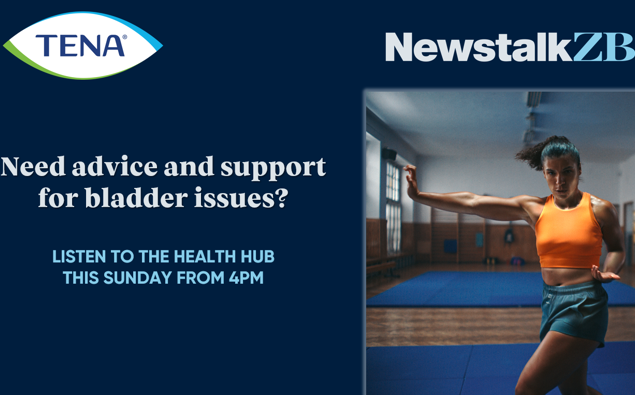Don't Let Bladder Leaks Control Your Life: Understanding & Managing Continence Issues This World Continence Week

Taking Control of Your Bladder Health: A Guide for World Continence Week
World Continence Week is a crucial time to raise awareness about bladder health and the impact of urinary incontinence. It’s a condition affecting millions of Filipinos, impacting both women and men of all ages. Let’s break down the stigma, understand the different types, and explore effective management strategies. Did you know that a staggering one in three women over 35 experience bladder leaks? It’s time to have an open and honest conversation about this common, yet often unspoken, issue.
Understanding Urinary Incontinence: More Than Just 'Leaks'
Urinary incontinence isn’t just about occasional accidents. It’s a complex condition with various types, each requiring a different approach. Here’s a quick overview:
- Stress Incontinence: Leakage triggered by physical activity like coughing, sneezing, laughing, or exercise. This is particularly common in women after childbirth.
- Urge Incontinence: A sudden, intense urge to urinate followed by involuntary leakage. Often linked to an overactive bladder.
- Overflow Incontinence: Frequent or constant dribbling of urine due to a bladder that doesn’t empty completely.
- Mixed Incontinence: A combination of stress and urge incontinence.
Why is Bladder Health Often Overlooked in the Philippines?
Cultural taboos and embarrassment often prevent Filipinos from seeking help for bladder issues. Many suffer in silence, limiting their social activities and overall quality of life. It's vital to remember you're not alone, and help is available. Ignoring the problem won't make it go away; it can often worsen over time.
Simple Steps You Can Take to Improve Bladder Control
Fortunately, there are many effective ways to manage urinary incontinence. Here are some initial steps you can consider:
- Pelvic Floor Exercises (Kegels): Strengthening the pelvic floor muscles can significantly improve bladder control. A physiotherapist can guide you on proper technique.
- Dietary Adjustments: Limit caffeine and alcohol intake, as these can irritate the bladder.
- Fluid Management: Drink adequate fluids throughout the day, but avoid excessive drinking close to bedtime.
- Bladder Training: Gradually increasing the time between bathroom visits can help retrain your bladder.
- Weight Management: Excess weight puts added pressure on the bladder.
When to Seek Professional Help
If your symptoms are persistent or significantly impacting your daily life, it's crucial to consult a doctor. They can diagnose the underlying cause and recommend appropriate treatment options, which may include medication, medical devices, or surgery. Don't let embarrassment hold you back from getting the care you deserve. A healthy bladder means a healthier, happier you!
Resources in the Philippines
Several organizations and healthcare professionals in the Philippines specialize in bladder health. Ask your doctor for referrals or search online for local support groups and clinics.
This World Continence Week, let’s pledge to break the silence and prioritize our bladder health. Your well-being is worth it!






